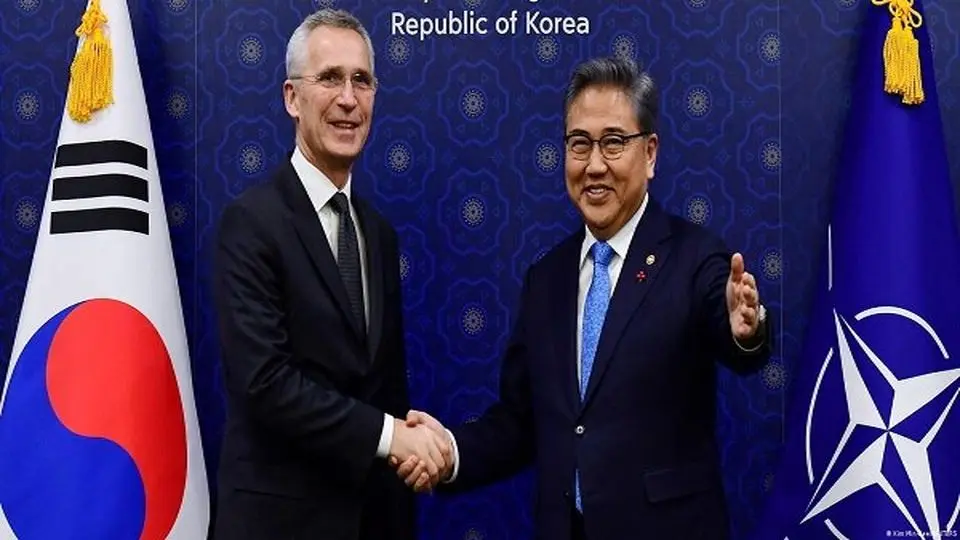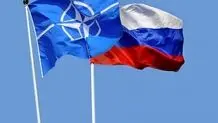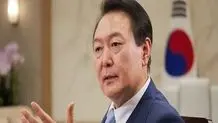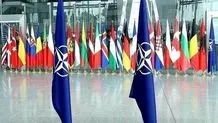NATO strengthening footprint in Asia-Pacific region
NATO Secretary General Jens Stoltenberg’s recent visit to South Korea and Japan came as the Ukrainian crisis entered a new critical stage with the US and Western decision to supply Kyiv with tanks.

MEHR: NATO Secretary General Jens Stoltenberg’s recent visit to South Korea and Japan came as the Ukrainian crisis entered a new critical stage with the US and Western decision to supply Kyiv with tanks.
Arriving in Tokyo from South Korea on Monday where he had urged Seoul to increase its military support for Ukraine, Stoltenberg said his trip was aimed at strengthening relations between NATO and “our highly valued partner” Japan.
NATO Secretary-General Jens Stoltenberg said the Western military alliance will continue to strengthen its partnership with Japan, adding that “our security is closely interconnected”.
Recently, South Korea signed a huge sales contract for arms including heavy tanks, self-propelled guns and fighters valued at tens of billions of US dollars with Poland, a member state of NATO, and Japan agreed to jointly develop the next generation fighters with other members of the alliance Britain and Italy.
Eying China and with the green light of the US, in a crucial break from its post-World War II principle that limited Japan to self-defence, Tokyo unveiled a new national security strategy in December that will see a large increase in its military capabilities, including the deployment of long-range missiles to preempt enemy attacks. Japan also hopes to further ease restrictions on arms export to strengthen the country’s feeble defence industry.
The United States and Japan have been working in recent years to strengthen their military alliance. Last month, Antony J. Blinken, the U.S. secretary of state, and Lloyd J. Austin III, the U.S. defense secretary, met with their Japanese counterparts in Washington to discuss security issues and other matters.
U.S. and Japanese officials announced that the two nations would expand their military cooperation, including improving Japan’s missile strike capabilities and making the US Marine unit in that country more flexible for potential combat.
The changes come as both nations perceive greater threatening behavior from China and North Korea, as well as Russia.
Besides the US’s long-term presence in the region, now the region is witnessing steadily growing military presence and influence of other US allies, particularly NATO, too.
While NATO Secretary General Jens Stoltenberg’s recent visit to South Korea and Japan came as the Ukrainian crisis entered a new critical stage with the US and Western decision to supply Kyiv with tanks, critics of the US policy in the Asia Pacific region believe that recent developments in the region led by the US and NATO Secretary General’s regional tour instigate Creation of Asian Version of NATO, a move that may lead to confrontation and war and return of new Cold War in Asia-Pacific region.




